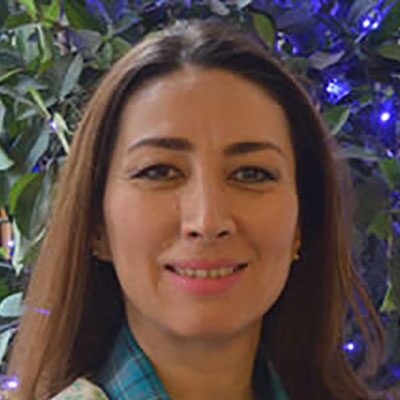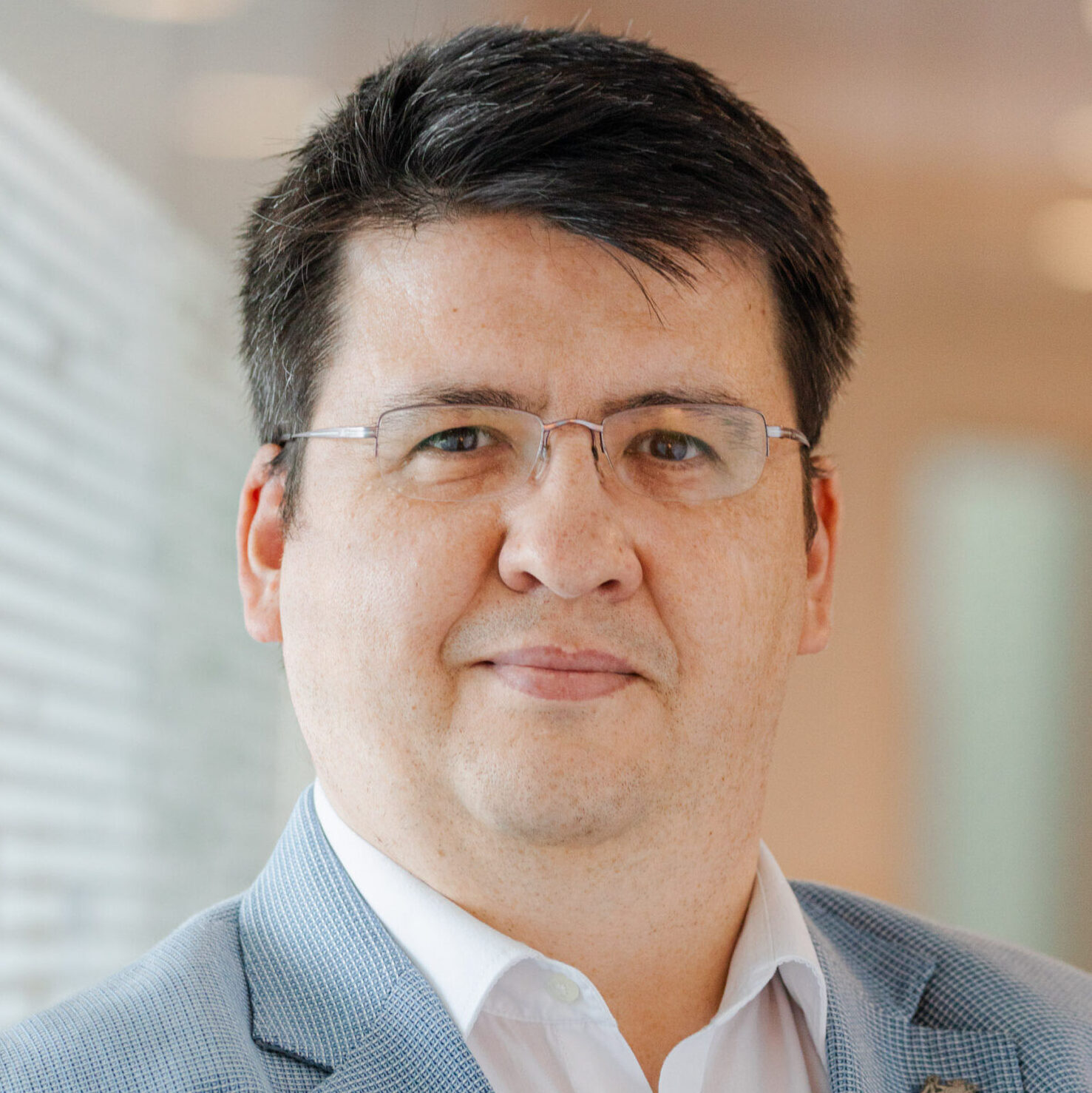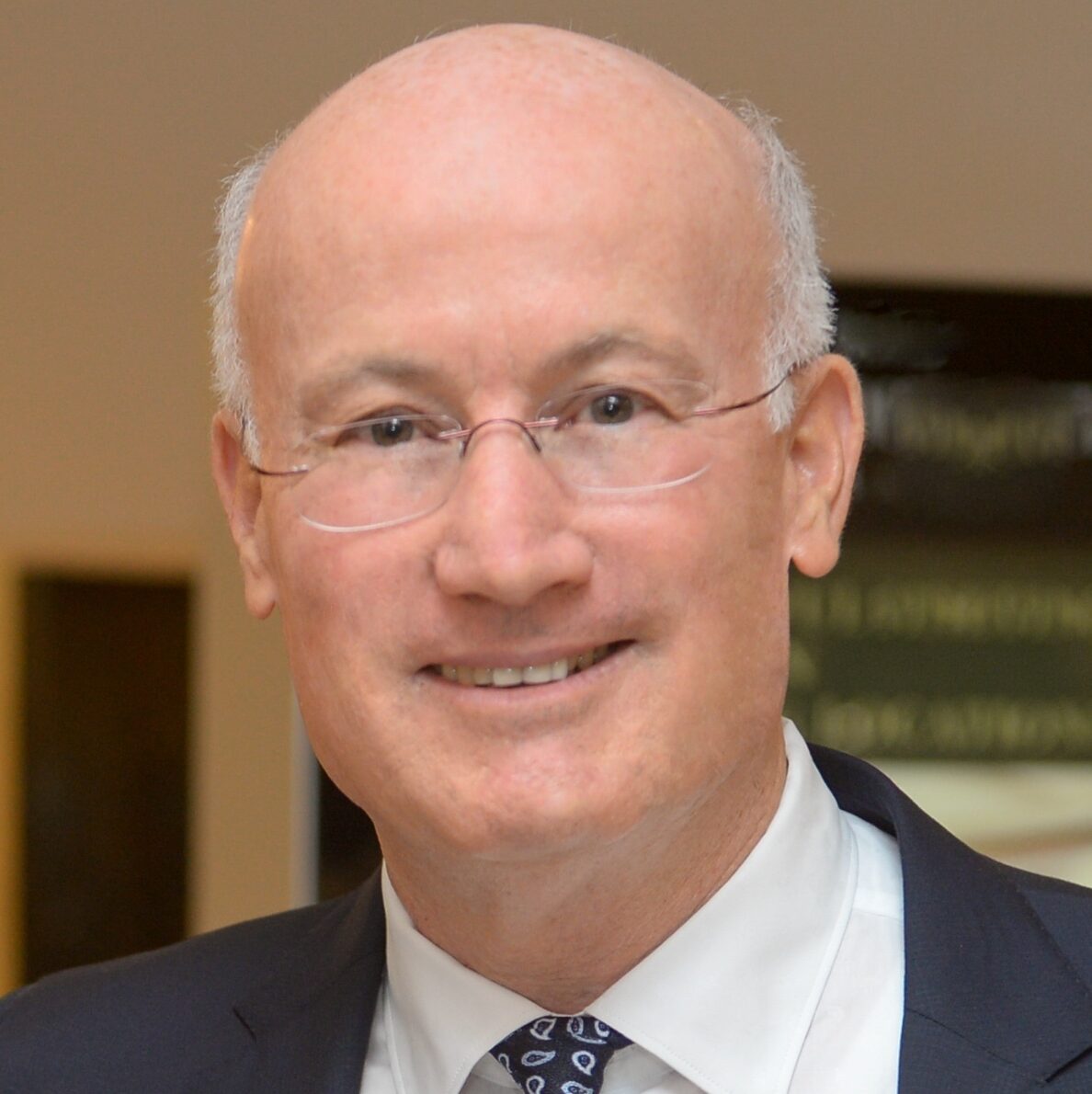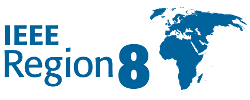Current Team

Mona Ghassemian (UK&Ireland), Chair |

Tuncer Baykas (Turkey), Past Chair |

Shmuel Auster (Israel) |

David Law (UK&Ireland) |
|
|
|
Region 8 Coordination for Standards
Overview
The IEEE R8 Standards Coordination committee arranges standards speakers as a service to support IEEE R8 Sections, Chapters, Student Branches and Conferences with high qualified industry professionals and standards development experts on various aspects of standardization. Standards speakers are organised not only to benefit the IEEE R8 Sections, Chapters, Student Branches and Conferences, they can also be effective in generating interest in membership.
Topic areas can include Aerospace Electronics, Antennas and Propagation, Batteries, Communications, Computer Technology, Electromagnetic Compatibility, Green and Clean Technology, Healthcare IT, Industry Applications, Instrumentation and Measurement, Nuclear Power, Power and Energy, Smart Grid, Software and Systems Engineering, Transportation, Wired and Wireless Communications as well standard development in general. If you are interested in an area not listed, it is possible that a standards speaker can be identified.
Standards speakers for events and conferences
A standards speaker may be arranged to provide a keynote address in relation to a particular standard, technical area of standardization or standardization in general. Alternatively, a standards speaker can provide a presentation(s) or tutorial(s) on a particular standard, area of standardization, or standardization in general. Finally, multiple speakers may be arranged to provide an entire standards track, again in relation to a particular standard, area of standardization, or standardization in general. In some cases, it may be possible that the IEEE Standards Association (IEEE-SA) will have an interest in providing a standard at the event or conference.
Standards Section, Chapter and student branch events
A speaker may be arranged for a Section, Chapter and student branch events to speak about a particular standard, technical area of standardization or standardization in general.
Alternatively, a standard workshop may be arranged for a Section, Chapter or student branch on ‘Demystifying Standards’. Such a workshop covers the value of standards in general, as well as specific technical topics geared to audience interest and is presented by standards speaker(s). Such a workshop can be customised to be as short as a couple of presentations, to an all-day immersion into particular standards series or topic. Such events are suitable for undergraduate and graduate students and can be customised for educators or industry professionals in engineering, computing, technology and business fields.
In addition there is the potential that an IEEE Section, Chapter and student branch may be able to host the Standards Game. While the Standards Game is being sold as a product, there is the opportunity to run it for sections and student branches at no cost with a qualified volunteer(s) serving as facilitators. The Standards Game does not require technical knowledge and is suitable for undergraduate and graduate students, and industry professionals in engineering, computing, and technology and business fields. To run the Standards Game successfully there is a requirement for a minimum number of committed attendees in excess of 25.
Standards events
A Section may partner with the IEEE R8 Standards Coordination committee, and potentially with the IEEE-SA, to stage a public standards event such as a Standards Workshop or Standards Summit to engage with industry or government. An important component in making such an event feasible is having local section members that can help facilitate outreach to local industry or government.
Financial support
To support the activities of the IEEE R8 Sections, Chapters, Student Branches and Conferences, the IEEE R8 Standards Coordinator committee can reimburse the travel costs of each standards speaker up to a normal limit of $250 per speaker per engagement. In exceptional circumstances, for example, the need for intercontinental travel, a high amount may be available. In all circumstances, any financial support is subject to agreement and program budget constraints. Before making any travel arrangements a standards speaker shall first obtain approval for his or her travel budget from the IEEE R8 Standards Coordinator.
Sharing of expenses between the benefiting Section, Chapter Student Branch or Conference is expected. For example, a benefiting Section, Chapter Student Branch or Conference can arrange the meeting space as well as audio-visual equipment such as a projector and screen. In addition, they could provide refreshment at the event, local transportation for the standards speaker and meals and accommodation if necessary. In addition, a benefiting Conference is expected to waive any registration fee for the standards speaker(s) if the standards speaker(s) only attends the portion of the conference necessary to provide the standards event.
It is recommended that on an expensive trip, the inviting entity works with the standards speaker(s) to arrange for multiple opportunities. As an example, when an event will involve a standards speaker travelling intercontinentally, addition events in the same city, country, or nearby countries, should be arranged to occur at the same time.
Requesting a standards speaker
In order to evaluate a request for a standards speaker please send a request to IEEE R8 Standards Coordinator. Please include as much information about the request as possible, but at a minimum please provide the following. Please request a speaker with as much advanced notice as possible, all request will receive an initial response within ten working days.
- Name of requesting IEEE R8 Sections, Chapters, Student Branches and Conferences
— [ ]
- Type of request (please select from below)
— [ ] Track for event or conference
— [ ] Speaker(s) for event or conference
— [ ] Section, Chapter, Student Branch event
— [ ] Speaker(s) for webinar
— [ ] Standards Game
— [ ] Other, please explain
- The topic speaker will present
— [ ]
- Date, time, and location of the engagement.
— Date: [ / / ]
— Time: From [ : ] to [ : ]
— Location [ ]
— Estimated audience size: [ ]
— Expect audience type (engineers? students?)
About the IEEE Standards Association (IEEE-SA)
The IEEE Standards Association (IEEE-SA) is a globally recognized standards-setting body which develops consensus standards through an open process that brings diverse parts of an industry together. These standards set specifications and procedures to ensure that products and services are fit for their purpose and perform as intended. The IEEE-SA has a portfolio of more than 870 completed standards and more than 400 standards in development. Over 15,000 IEEE members worldwide belong to IEEE-SA and voluntarily participate in standards activities. For further information on IEEE-SA, see the Standards Association website.
If you wish to learn more about the development of IEEE Standards, visit the IEEE Standards Development website. Here you can find out about the standards process, how to join IEEE-Standards Association, training material, a standards companion, standards and operation manuals, and FAQs. Even if you are unable to attend IEEE standards development meetings in person many Working Groups operate website and email reflectors where their activities can be followed. Please see the list of Working Group Areas.




